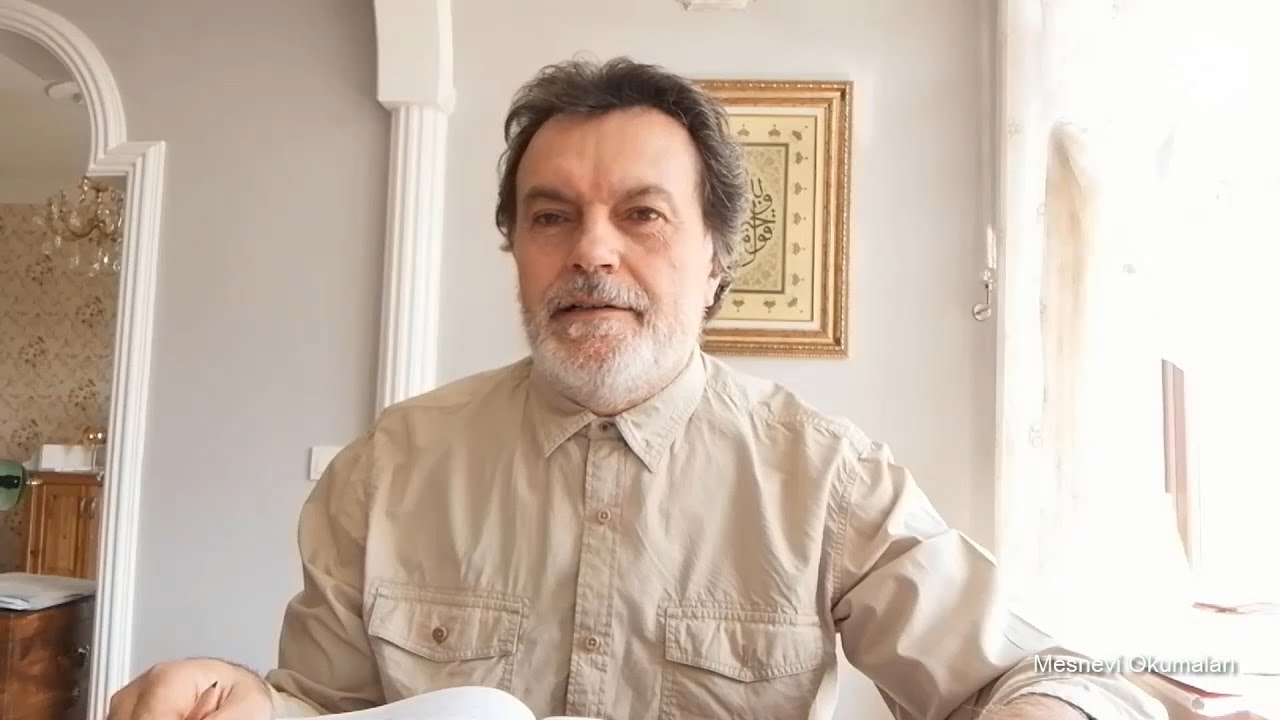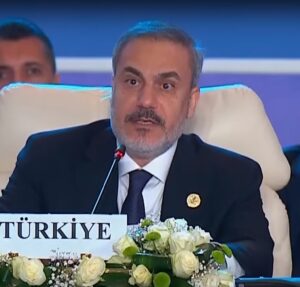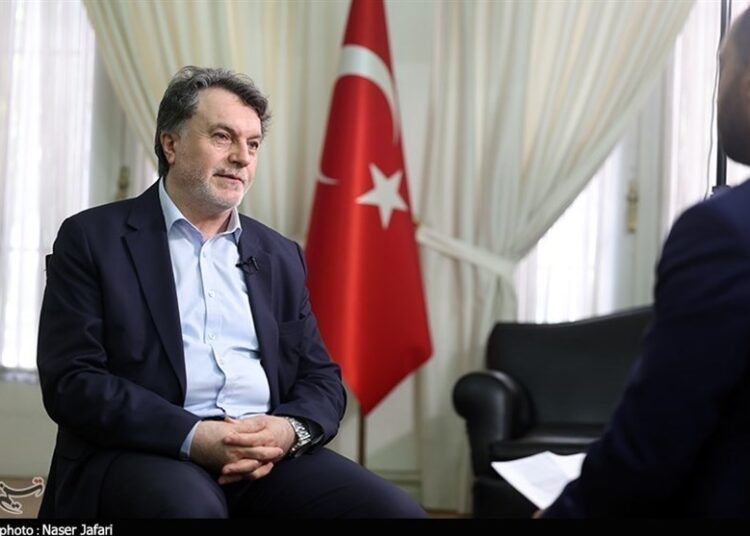Levent Kenez/Stockholm
In an exclusive interview with Iran’s semi-official Tasnim News Agency, which is associated with the Islamic Revolutionary Guard Corps (IRGC), Turkey’s ambassador to Iran said Ankara cannot dictate how Iran should retaliate against Israel following the assassination of Hamas political bureau chief Ismail Haniyeh in Tehran. However, he emphasized that the real answer lies in regional countries uniting to deliver a collective response that would bring Israel and the United States to their knees.
Speaking about the assassination, Turkish Ambassador to Iran Hicabi Kırlangıç said Turkey has no advice to offer Iran regarding its planned retaliation against Israel, which Iran has blamed for the assassination. He added that there were no proposals from Turkey or other countries suggesting restraint, such as “be calm, be patient, avoid a military response, don’t respond too violently ”
“Iran will make its own decision, that much is clear. It also appears determined, but we do not know what kind of response it will provide. Time will tell. Whether there will be a military response is also uncertain. What is clear is that the most effective response should be one that compels these aggressor countries to retreat and be brought to their knees,” he added.

The ambassador’s reference to aggressor countries clearly includes Israel and the United States along with their allies. Kırlangıç also pointed out that the developments following Haniyeh’s assassination are not solely Iran’s responsibility but involve all the countries in the region. He questioned whether those who hosted Haniyeh or claimed to support the Palestinian cause would bear no responsibility in this matter.
“Of course, I want patience. Iran will make its decision with steadfastness and patience, and perhaps it will make the best decision. We cannot know that. We can only respect it,” he said.
The ambassador also stated that the lack of sufficient power to counter Israel due to the political systems in Islamic countries was not a positive sign. He noted that while Iran and Turkey are making significant efforts, Iran is currently leading in efforts to counter Israel. However, Iran must also consider and be cautious about its own borders, resources and territorial integrity.
He emphasized that responsibility should not fall solely on Iran, nor should Turkey be expected to respond while the remaining Islamic countries stay silent. “We need to view this situation as we would the Mongol invasions,” he said.
Kırlangıç, who was appointed ambassador by President Recep Tayyip Erdogan on February 23, 2023, previously had no experience in diplomacy. Prior to his appointment, he was an academic at Ankara University. Kırlangıç served as a member of the Ministry of Education’s Children’s Publishing and Advisory Board and was a member of the Turkish Language Association’s Science Board. He was president of the Turkish Writers’ Union for two terms. Additionally, he was a founding member and board member of the Mevlana Studies Association. Kırlangıç has also published books and articles in Farsi.
There has recently been a significant decrease in the number of career ambassadors in the Turkish Ministry of Foreign Affairs due to political appointments.

Meanwhile Turkish Foreign Minister Hakan Fidan, after meeting with his Egyptian counterpart, Badr Abdelatty, in Cairo on August 5, condemned the ongoing pattern of regional conflict. He said, “… with the recent assassination of Hamas’s leader, there is once again a call for restraint. This pattern is no longer sustainable. It is no longer acceptable for the US to mitigate every wrongdoing of Israel. The owners [of Israel] must hold the leash firmly. The region can no longer tolerate further Israeli provocations.”
President Erdogan has described Hamas as “resistance fighters,” comparing them to the Kuvay-i Milliye (Turkey’s National Forces), an irregular militia that played a crucial role in Turkey’s War of Independence following World War I.
“I am saying it very clearly and explicitly here. During the national struggle [for independence] in Turkey, what Kuvay-i Milliye was to Turkey, Hamas is exactly the same. We are aware, of course, that there is a price to pay for saying this. We know that it’s difficult to speak the truth … during such a period. But let the whole world know this and comprehend it,” Erdogan declared on April 17.
Erdogan went so far as to threaten Israel with military action on behalf of Hamas. On July 31, during a party meeting in his hometown of Rize, he said, “Just as we entered Karabakh, just as we entered Libya, we should do the same with Israel. There is nothing stopping us. We just need to be strong to take this step.”
Nordic Monitor released a report last week indicating that Turkey’s national weather agency, the General Directorate for Meteorology (MGM), has been supplying sophisticated weather data to Iran, which could be used for military operations. This poses a significant threat given Iran’s known support of global terrorism.
Interestingly, the same data has also been provided to NATO allies Germany, the UK and Italy and the NATO European Command (SHAPE), all of which have the same level of access to MGM’s servers as Iran. The Turkish Armed Forces also share this access.
The report, titled “2024-2028 Strategic Plan,” noted that despite differing demands from civilian and military clients, MGM has been providing the same data to all. It identified this as a risk that must be addressed but did not specify the required measures for correction.












